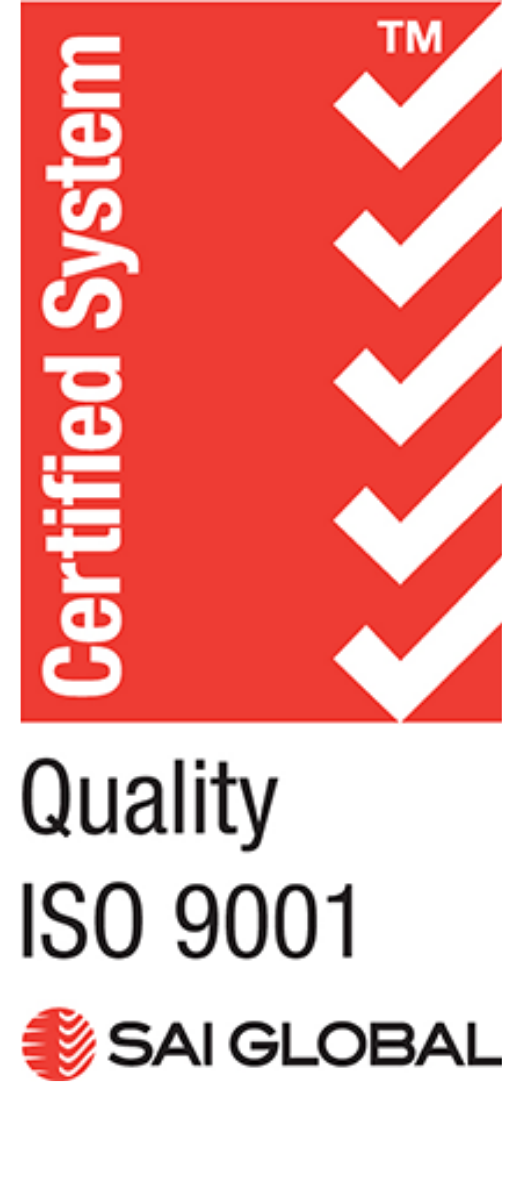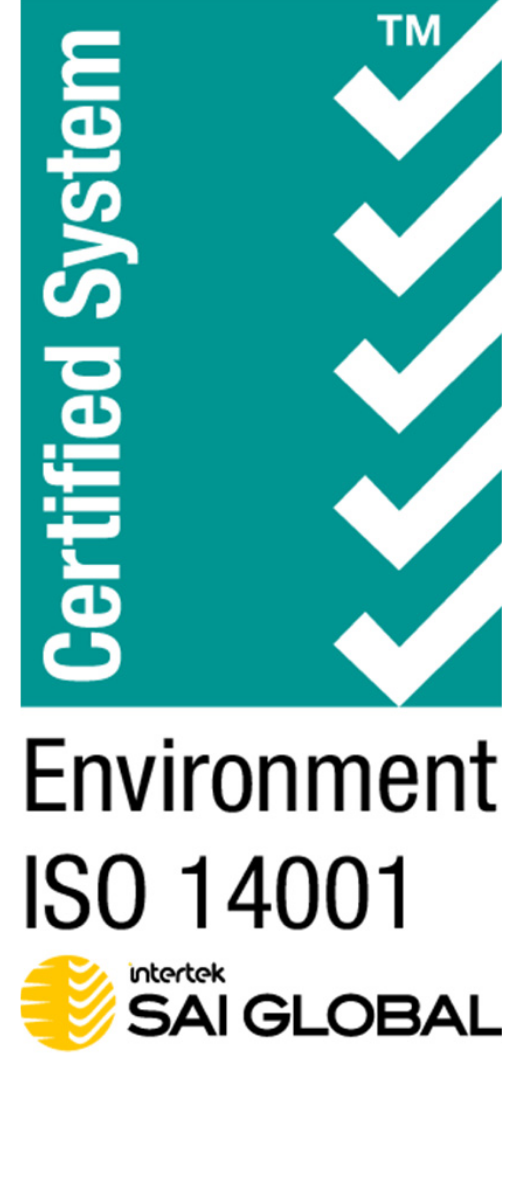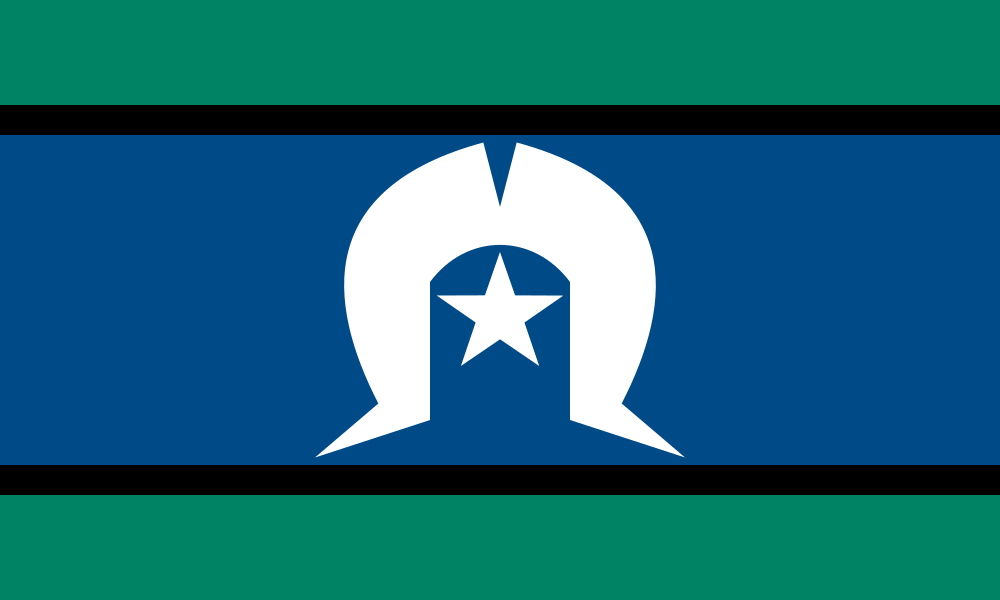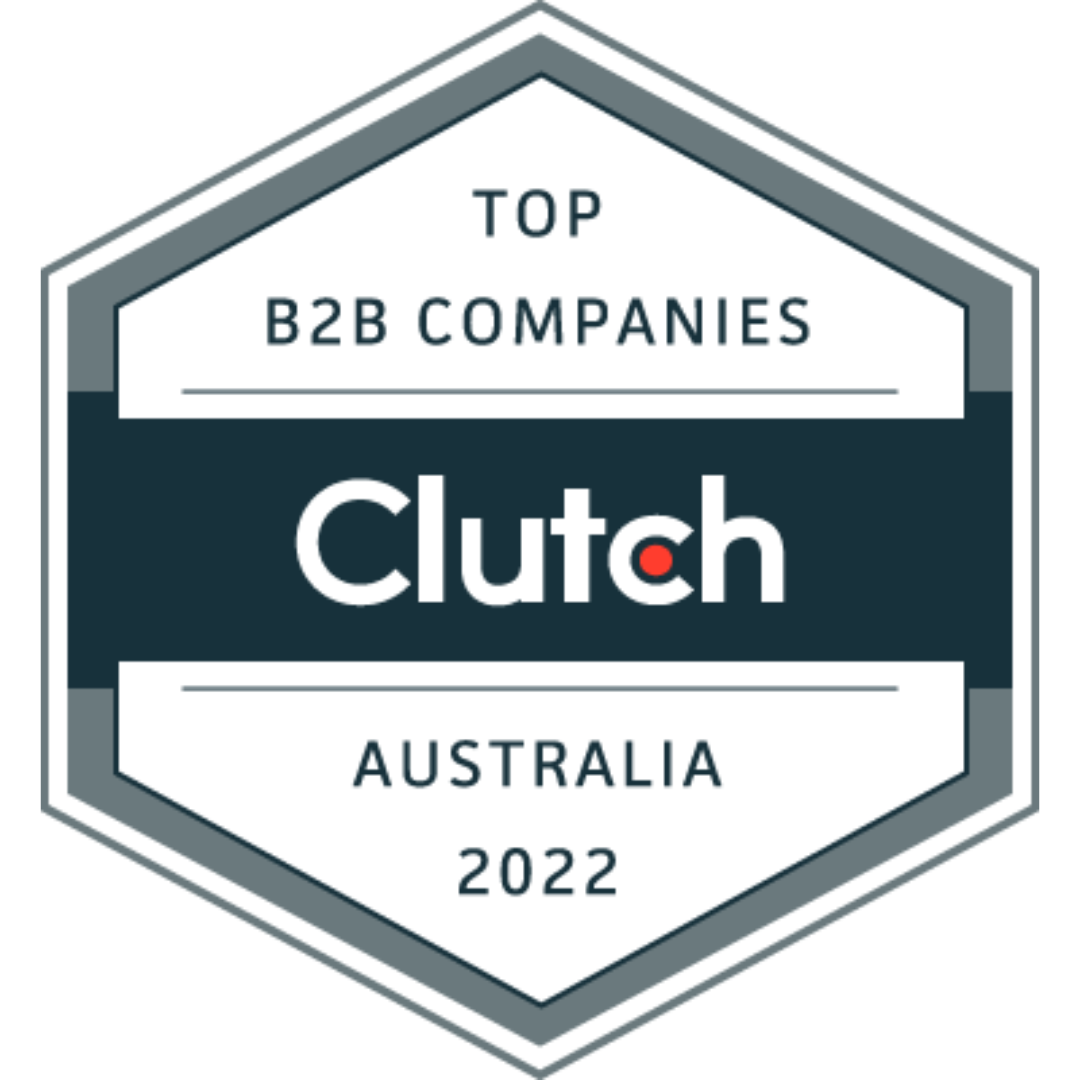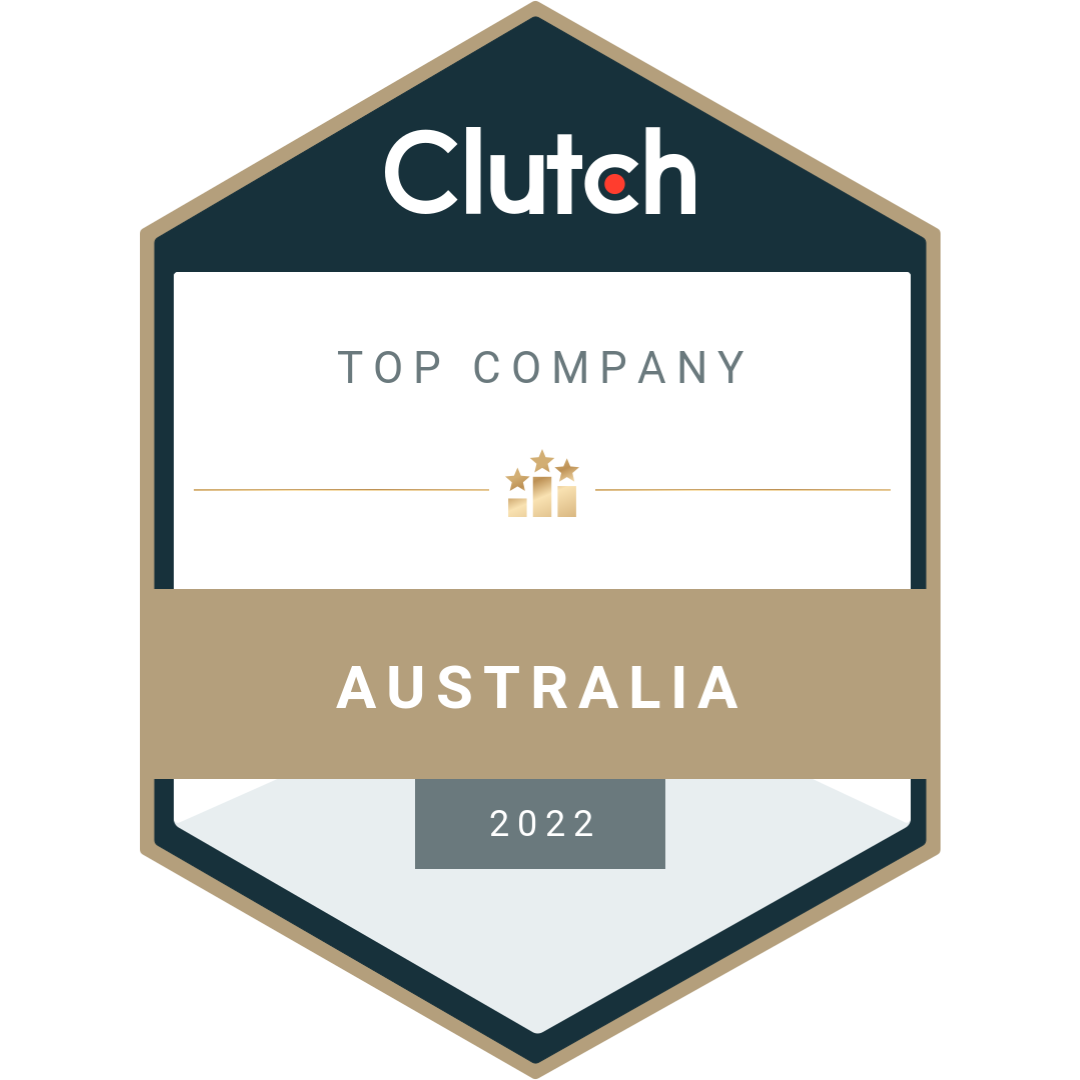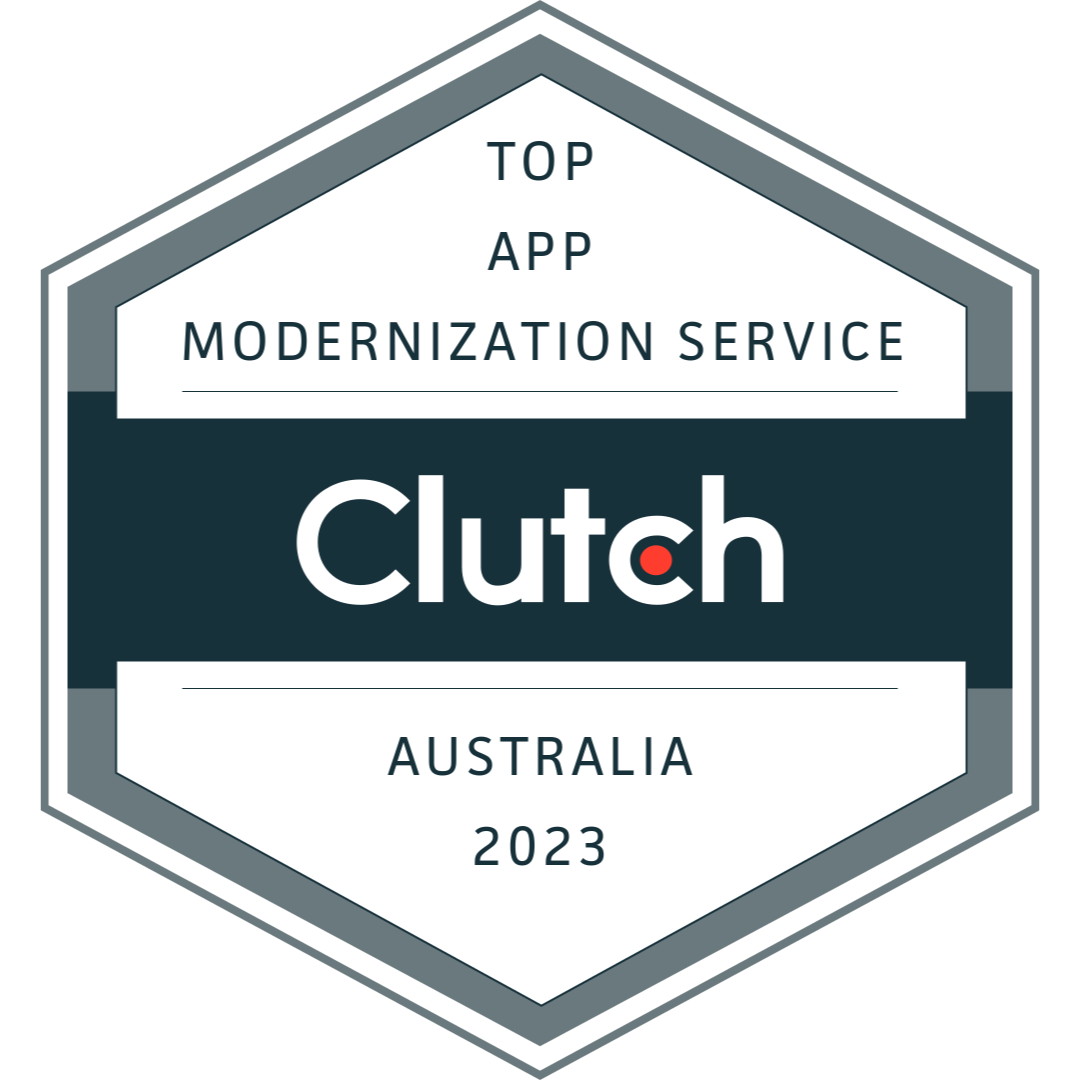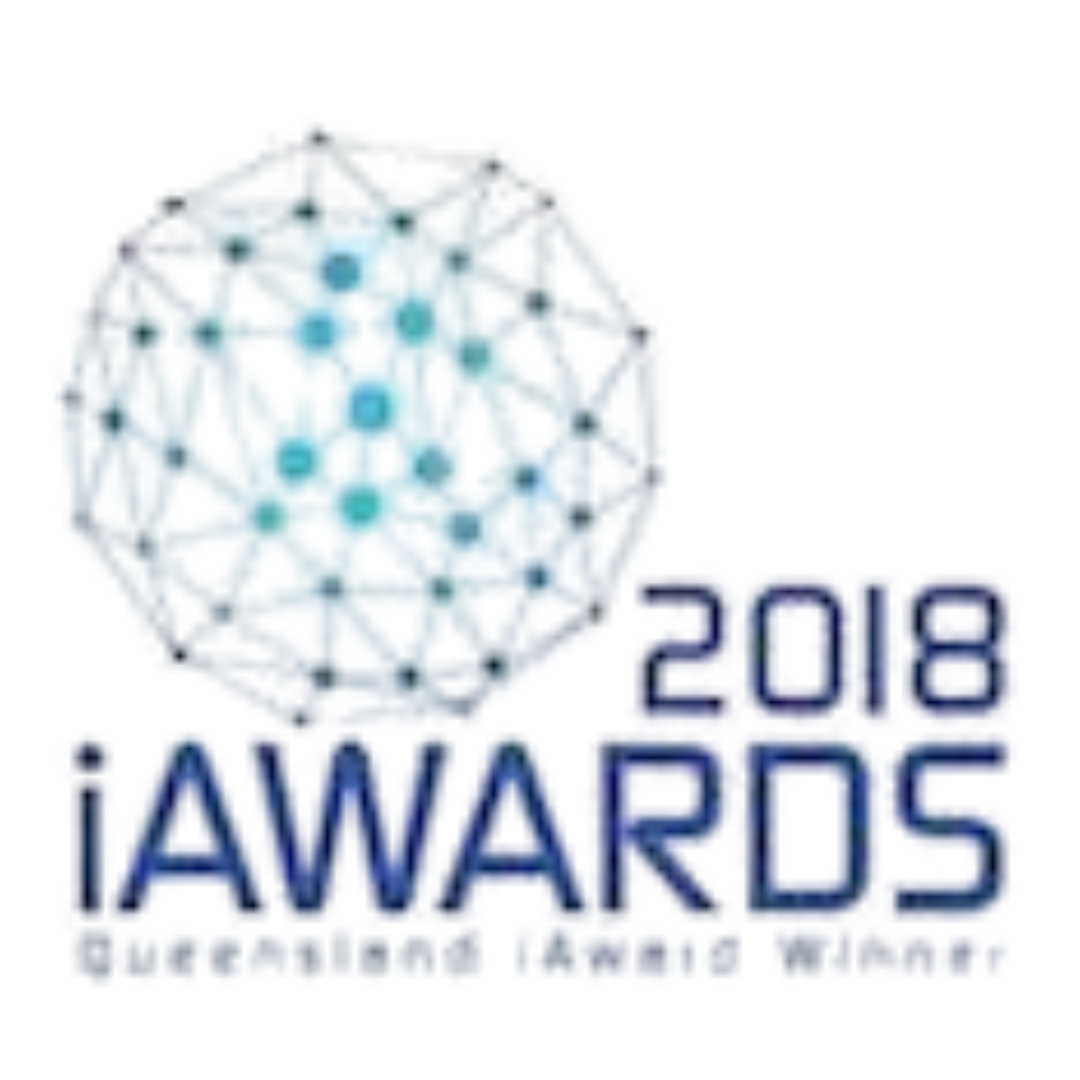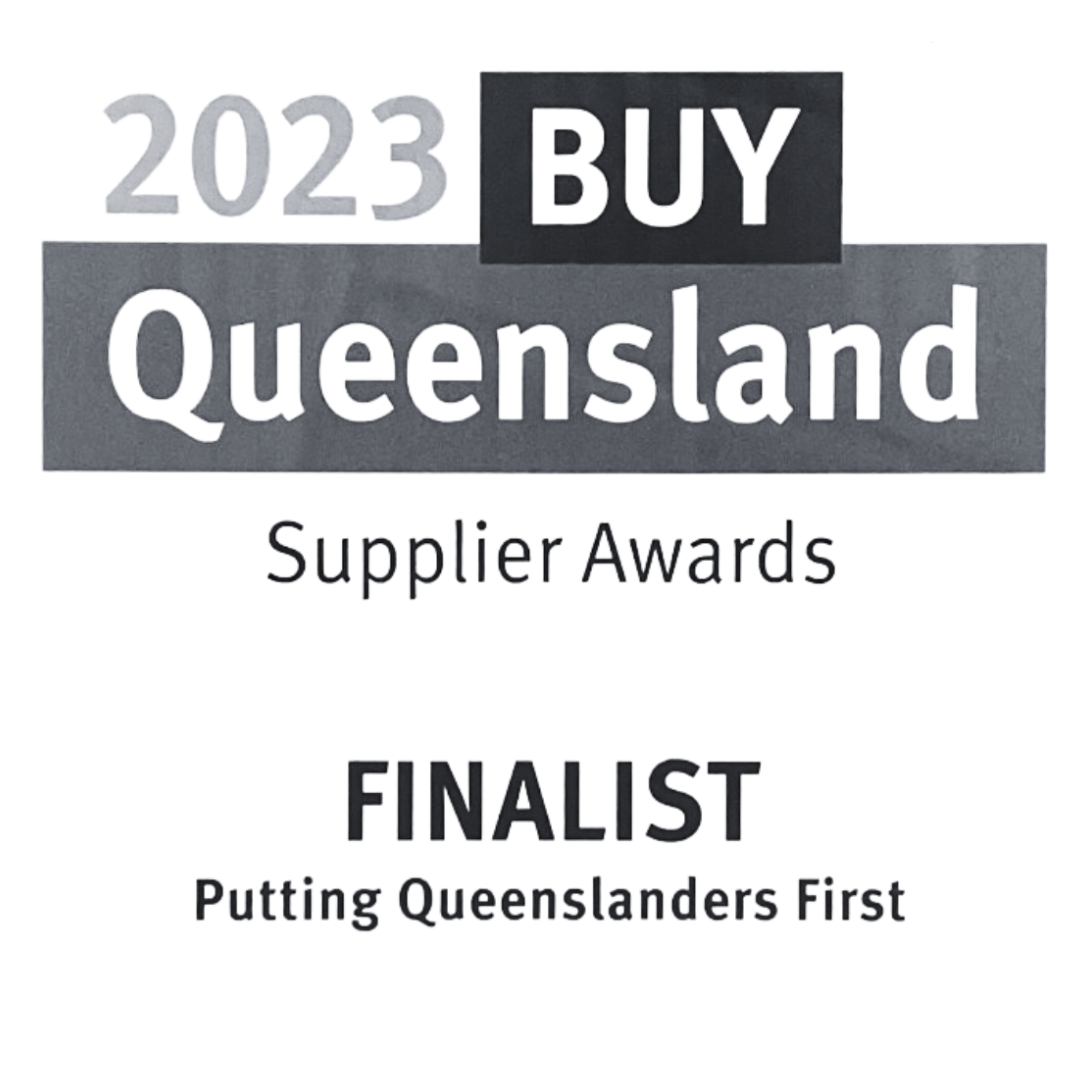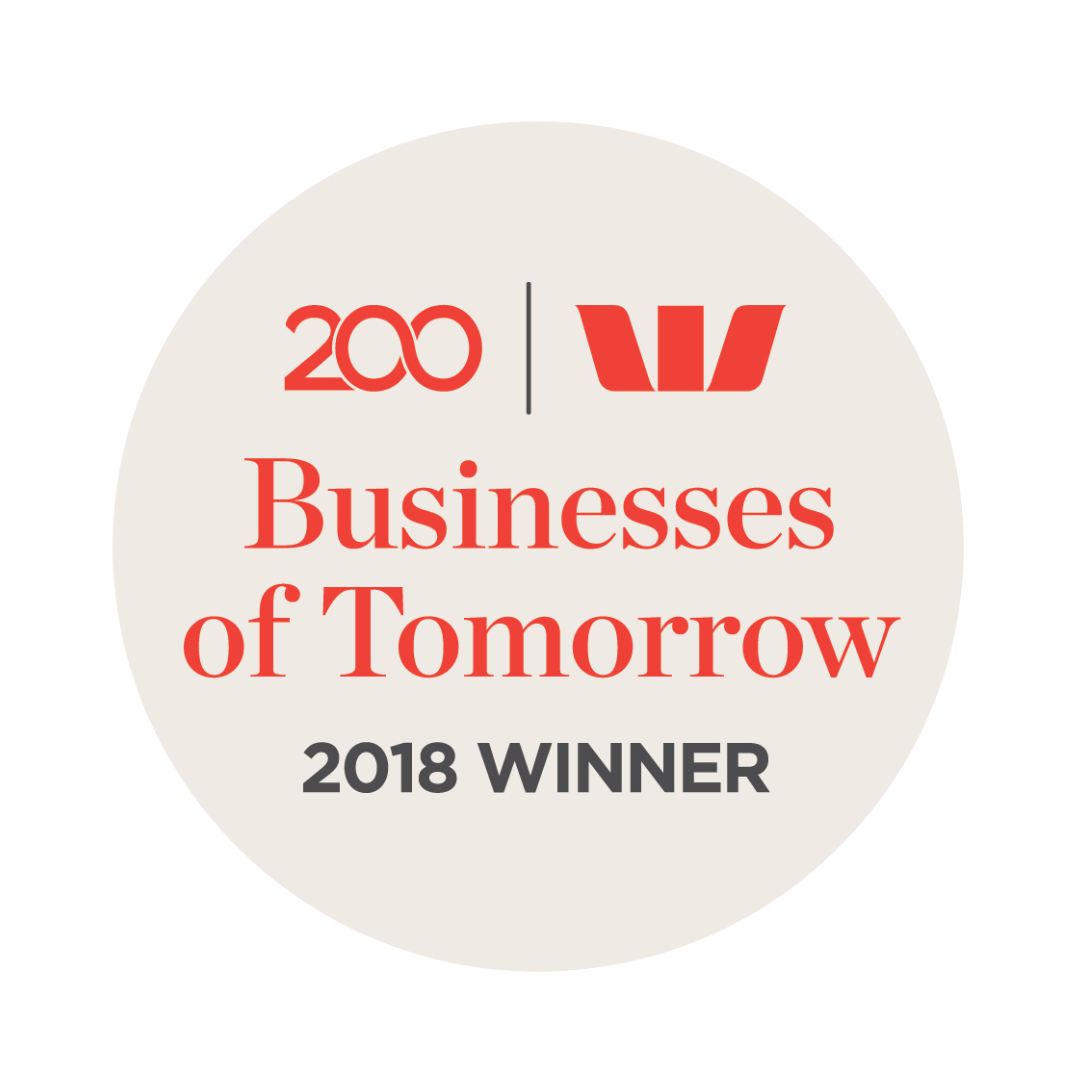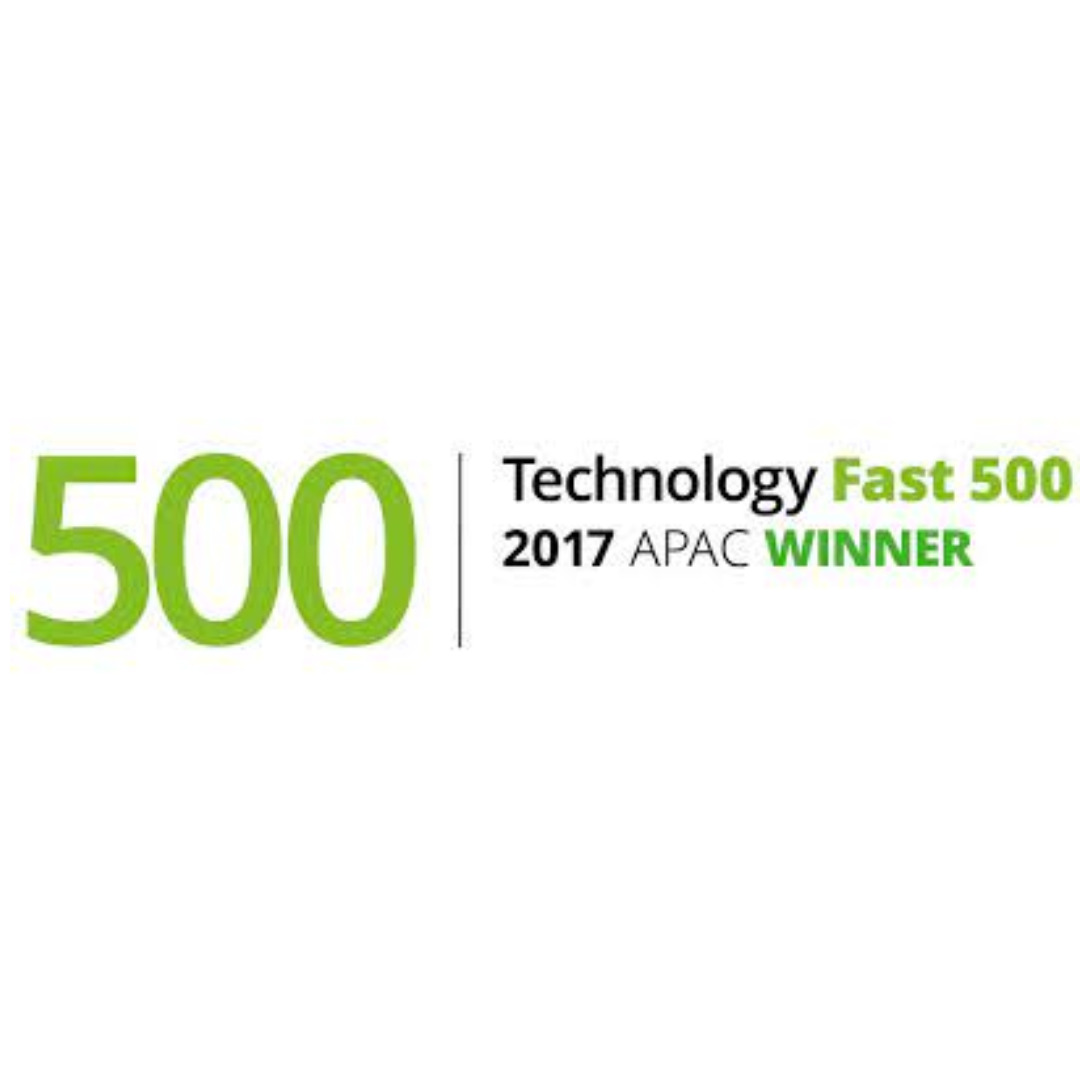Blogs
Stories, lessons and research from the WorkingMouse team on legacy modernisation, AI, and delivery.
Featured Articles
Latest Articles
Browse the most recent thinking from the WorkingMouse team across modernisation, AI, delivery and more.
How to Create a Narrow AI Product
Narrow AI products work because they focus on doing one defined job well rather than trying to solve everything at once. When domain expertise is clearly understood, it can be productised into focused AI capability that supports real workflows.
When Vibe Coding Stops Being Enough
Discover when vibe coding stops being enough. Learn why AI-generated prototypes stall and how to build scalable, secure production software with expert engineering.
How to Take Your Vibe Coded App to the Next Level
Learn how to evolve your vibe coded app from prototype to production. Our guide covers strengthening architecture, improving security, and adding resilience for real-world use.
What is Vibe Coding
Vibe coding is all about building software with natural language instead of writing every line yourself. It’s great for getting ideas off the ground, but when you need something scalable and secure, WorkingMouse can take it the rest of the way.
WorkingMouse Achieves Full Certification for ISO 9001 and ISO 14001
WorkingMouse is now fully certified in ISO 9001 and ISO 14001, joining our existing ISO 27001 and demonstrating our commitment to quality, environmental stewardship, and strong security practices.
Jidoka at MODELS 25
A recap of our Jidoka presentation from MODELS 25. It outlines how the approach helps teams modernise legacy systems in a more predictable and sustainable way.
AI Risk in 2025: What the Data Reveals
AI adoption is booming, but most organisations aren’t keeping pace with the risks. Our analysis of over 50 companies reveals that while two-thirds are already using AI, many lack essential safeguards like policies, oversight, and staff training. Learn the key trends, where businesses are most exposed, and practical steps to reduce AI risk before it becomes a costly problem.
J2Bot
J2Bot is a powerful Codebot on the Codebots platform that transforms structured models into fully functional full-stack applications instantly. By combining models, templates, and automated pipelines, J2Bot generates complete backend services (Java/Spring Boot), frontend components (React/TypeScript), PostgreSQL schemas, tests, and documentation from a single model. This eliminates weeks of manual coding, delivering production-ready applications in hours while ensuring consistency, quality, and traceability. J2Bot follows core principles like convention over configuration, separation of concerns, and continuous integration, making it a transformative tool for rapidly turning ideas into reliable software.
AI 101: The Basics Explained
Learn AI basics in plain English. Our AI 101 webinar covers fundamentals, real-world use cases, and a safe adoption framework for businesses.
Data Sovereignty or Cloud Convenience?
Explore data sovereignty, compliance with the Privacy Act, risks of foreign laws like the U.S. CLOUD Act, and practical guidance using a traffic light system to safeguard sensitive information
Local AI in Action
WorkingMouse installs Mac Mini AI hub at Hydrobiology, enabling private, in-house AI with Local AI for secure, scalable, and tailored environmental data analysis.
Modernising with Jidoka
Jidoka, the principle of “automation with a human touch” popularised by Toyota, is being reimagined for software and AI. Dr Eban Escott
showed how humans and machines working together can make automation more reliable, adaptable, and effective.
Mac Mini‑Powered AI: 5‑User Local Model Success
David Burkett interviewed the WorkingMouse AI R&D team to prove a 32 GB Unified‑Memory Mac Mini can run fast, privacy‑safe open‑weight AI for five users, with concurrency solved via an O Lama backend, while the team plans a company AI survey, will tap new Open AI/Google models on HuggingFace, and will soon scale experiments with an arriving Mac Studio.
AI Reference Guide
Curious about AI at work? Our AI Reference Guide breaks down essential terms and concepts behind Large Language Models (LLMs)—including training, inference, RAG, and hardware requirements—to help teams adopt AI safely, locally, and productively. Ideal for business and IT leaders evaluating AI in enterprise settings.
AI You Own vs AI You Rent: What’s Better for Business?
Renting AI is risky and expensive. Shadow AI, rising SaaS costs, and data exposure are real threats. Hosting your own AI gives you control, lowers long-term costs, and keeps your data safe.
Need product-ready technologists without the long-term risk?
Scale your dev team in 5 days with Talent-as-a-Service: pre-vetted, security-cleared developers & designers, no HR hassle.
Jidoka: Automation with a Human Touch, A Software Method to Gain Organisational Control
The Journal of Software and Systems Modeling published paper offers organisations a path to escape the legacy trap.
Why Discovery Matters
Modernising legacy systems starts with Discovery—understanding what exists, capturing real business needs (not just assumptions), and identifying risks early. At WorkingMouse, this means engaging SMEs, modelling requirements with traceability, and focusing on like-for-like modernisation to reduce risk before optimisation. Discovery sets the foundation for successful delivery by aligning goals, compliance, and technical feasibility right from the start.
Why Estimations Are So Hard
WorkingMouse tackles estimation with a structured, evolving process grounded in real-world data, team experience, and open communication. Discover how we turn uncertainty into clarity.
Legacy System vs Modern System: How to Know When It’s Time to Move On
Still running on ColdFusion, Delphi or Lotus Notes? Legacy tech hurts performance, security & integration. Learn how modernisation can future-proof your systems—without a full rebuild.
Reducing Technical Debt with State Machines
Simplify logic, reduce technical debt & boost automation with state machines. Model clear workflows, enable testing & modernise legacy systems with a maintainable approach.
Questions About Cloud Migration? We Have the Answers
Cloud migration unlocks scalability, security & cost savings, but choosing the right approach is key. Explore strategies like rehosting, refactoring & SSO to modernise apps, overcome challenges like technical debt & ensure a smooth transition. Get expert insights to future-proof your business
Top 8 Best Practices for Enterprise Software Development
Discover 8 best practices for enterprise software development, from Agile and security to scalability, automation, and user-centric design.
Unlocking Growth: The Power of Learning Pathways
Structured learning fuels growth. At WorkingMouse, Learning Pathways help teams upskill, share knowledge, and innovate together.
January Update and What’s Coming Up!
In 2025, WorkingMouse is growing—expanding our team, enhancing learning, boosting tech, and driving sustainability efforts.
Top 8 IT Consulting Trends for 2025
IT consulting in 2025 is driven by trends like AI integration, edge computing, and quantum advancements, helping businesses streamline operations, enhance security, and adopt sustainable practices. By staying ahead of these innovations, consultants empower organisations to remain competitive, adapt to challenges, and leverage emerging technologies for growth.
5 Reasons Your Business Can’t Afford to Ignore Cloud Computing
Cloud computing is essential for modern businesses, offering cost savings, scalability, strong security, innovation, and sustainability. It enables flexibility, enhances collaboration, and supports long-term growth. Now is the time to embrace the cloud and future-proof your operations.
Government IT Overhaul: Tackling Challenges and Finding Solutions
Governments are modernising outdated IT systems to meet public demand for efficient, secure digital services. Challenges include legacy systems, data security, user-focused design, and budget limits. Solutions involve cloud adoption, improved cybersecurity, and phased, cost-effective upgrades, as shown in partnerships like Queensland TMR and NSW Police. By embracing agile methods and expert collaboration, governments can enhance service delivery, security, and citizen satisfaction.
Enterprise Software and the SaaS Contraction
The enterprise software landscape is moving toward a SaaS contraction as businesses simplify systems to reduce complexity and costs. With too many SaaS tools creating frustration and technical debt, companies need to focus on streamlining, improving cybersecurity, and integrating key solutions. Simplifying operations will cut unnecessary tools, lower costs, and reduce risks.
Steps to Successfully Modernise Legacy Systems
Modernising legacy systems is key to staying competitive and secure. It involves updating outdated software and hardware to improve efficiency, scalability, and security. Key steps include assessing the system, choosing the right strategy (e.g., rehosting or rebuilding), prioritising security, and improving user experience. Successful modernisation enhances operations and reduces costs for both government and private organisations.
InspireU Students Visit WorkingMouse HQ
WorkingMouse is committed to inspiring future tech leaders through initiatives like the InspireU STEM Camp. By providing Aboriginal and Torres Strait Islander students with hands-on tech experience and mentorship, we empower them to explore STEM careers and envision their future in the industry.
How Digital Transformation Can Drive Business Growth
Digital transformation integrates technology across an organisation to enhance operations, value delivery, and customer experience. Benefits include better data insights, efficiency, cost savings, and new revenue streams, promoting agility and innovation. Challenges include resistance to change, security issues, legacy systems, costs, and unclear strategies. Success requires addressing people, setting clear objectives, creating a roadmap, and engaging experts.
Our Software Development Services Journey
Chronicles the journey of WorkingMouse as it navigated the complexities of becoming a leader in legacy system modernisation for government and enterprise sectors. It delves into the company’s early struggles, including operational missteps, challenging client relationships, and the development of innovative tools like Codebots. Through pivotal decisions and key moments, the article highlights how WorkingMouse refined its approach by focusing on people, processes, and tools, ultimately evolving into a trusted partner for modernising critical systems. The article also reflects on the lessons learned and the company’s vision for the future, emphasizing the importance of balance, connection, innovation, and mastery in software development services.
7 Benefits of Moving to the Cloud
Not using cloud solutions means struggling with outdated systems that hinder business performance. Moving to the cloud, where services are hosted on remote servers, offers significant benefits: enhanced collaboration, scalability, cost efficiency, continuous delivery of updates, global market access, and strong data security. With 94% of companies leveraging cloud services by 2023, the cloud modernizes operations, improves flexibility, and cuts IT costs. Businesses can choose between public, private, or hybrid clouds based on their needs, and decide between Commercial Off-The-Shelf (COTS) or custom solutions. Adopting cloud solutions allows businesses to thrive in a digital world, streamline operations, and expand globally.
Automating Software Documentation with Codebots
WorkingMouse’s Codebots tool automates end-user documentation by linking model changes to documentation updates. It uses a higher level of abstraction and automated testing with tools like Playwright to ensure documentation stays current with system updates. The tool integrates models, tests, and documentation, streamlining updates and reducing labor, making it ideal for modernizing legacy systems.
Top Technology Consulting Trends for 2024
In 2024, technology consulting will focus on structured team topologies, digital twin technology, and strong ESG priorities. Simplifying user experience, using model-driven metrics, and integrating meta and visual modeling are key trends. WorkingMouse aims to compete with major platforms through its advanced, integrated solutions. Adopting these trends will enhance efficiency and client satisfaction.
The Future of Digital Transformation in Government
By 2028, Queensland will advance digital transformation with digital IDs, cybersecurity, and inclusive services. Key goals include addressing diverse demographic needs, leveraging emerging technologies, and enhancing service delivery. Challenges involve managing legacy systems, data sovereignty, and attracting talent. Queensland's proactive approach aims to lead in digital innovation and set a high standard for government efficiency and engagement.
Codebots Reports and Analytics
Codebots’ new reports and analytics module offers customizable dashboards, a query builder for complex SQL queries, and integration with any relational database. It enables users to create, save, and export reports in PDF format, democratizing data access and enhancing reporting features. Suitable for both beginners and experienced users, the app transforms data into actionable insights with user-friendly and advanced querying options
People-First Modernisation with Accord Consultancy
Daniel Ferri of Accord Consultancy emphasizes a people-first approach in business and IT consultancy, aligning with WorkingMouse's technology-first philosophy. He advocates for balancing actual, managerial, and visionary processes, transitioning workers from process to knowledge-based roles, and clearly defining responsibilities within organizations. His insights highlight the importance of integrating people, process, and technology for effective modernization.
Metamodels for ISMS Success
WM employs metamodels to streamline relationships, automate documentation, and generate code. The original ISMS metamodel managed ISO27001 but has been updated to a modular structure, allowing integration with other standards like ISO 9001. This new metamodel enhances risk management by cross-referencing common ISO models and roles. The ISMS cheat sheet, now integrated with Codebots and Gitlab, updates templates to this modular framework, linking team members to their roles and simplifying risk extraction and verification.
BiiG Legacy Systems for Good and for All
This article explores challenges with legacy systems based on stakeholder feedback, highlighting five main themes: system performance and integration issues, data management problems, inflexibility and the need for modernization, poor user experience, and policy/budget constraints. While the feedback points to significant hurdles, it emphasizes that modernization efforts must balance current constraints and operational needs. WorkingMouse suggests a strategic, incremental approach to modernizing core systems, starting with improvements in satellite systems and addressing fundamental issues to enhance overall efficiency and reduce risks.
Driving Quality and Efficiency with the DevOps Checklist
The WorkingMouse DevOps Report provides a comprehensive checklist for ensuring successful software development and support. It outlines key criteria for projects, such as pipeline state, testing coverage, production environment readiness, and documentation. Projects are assessed using a traffic light system (🔴, 🟠, 🟢) to track their progress and completeness. The report emphasizes the importance of investing in these features to maximize project success and operational efficiency, reflecting WorkingMouse's commitment to quality and best practices in DevOps.
Project Types Application Applicability
We categorize software modernization into three types: Like-for-Like Replacements, which upgrade outdated systems while preserving existing workflows; Spreadsheets Replacements, which transition from error-prone spreadsheets to scalable custom applications for better data management; and Disparate Systems Replacements, which integrate multiple unconnected systems into a single platform to streamline operations and improve decision-making. Modernizing systems is crucial for managing growth, enhancing efficiency, and ensuring future readiness.
Embracing Abstraction for Cost-Effective System Development
Abstraction in system development involves focusing on core aspects by removing unnecessary details, which can revolutionise how organisations modernise and streamline their processes. Instead of discarding diagrams and artefacts, reusing them for higher-level models can boost productivity, consistency, and quality while cutting costs. The Jidoka philosophy, prioritising automation and quality over speed, highlights that investing in systematic abstraction leads to more cost-effective and agile development. Embracing this approach helps organisations balance quality with cost management and accelerates their path to innovation.
Why Legacy Systems are a Data Breach Danger
Legacy systems, crucial to many organisations, pose significant cybersecurity risks due to outdated technology, lack of modern security features, and difficulty integrating with current security tools. These systems often run unsupported software, making them easy targets for cyber-attacks. Their complexity and reliance on outdated authentication methods exacerbate the risk. Recent breaches underscore the need for organisations to modernise their systems and adopt advanced security measures to protect sensitive data and stay competitive.
Which Systems to Modernise?
Supporting legacy systems costs Australian state governments over $160M annually. To modernise effectively, ICT leaders should categorise systems by quality and value: replace low-quality, low-value ones with commercial solutions, and prioritise high-value systems for modernisation. Focus on systems that align with business goals, conduct a cost-benefit analysis, and ensure executive support. This approach helps make modernisation cost-effective and strategically aligned with organisational objectives.
Executive Buy-In for Modernisation Projects
Executive buy-in is crucial for successful modernisation projects, as it aligns the project with strategic goals, secures necessary resources, and fosters a culture of innovation. To gain executive support, involve stakeholders early, build a realistic roadmap, and gather customer insights. Successful examples show the value of executive endorsement, while lack of buy-in can lead to project failures. By ensuring executive alignment and maintaining stakeholder engagement, organisations can effectively navigate the complexities of modernisation and achieve long-term success.
5 Root Causes of Legacy Systems
Legacy systems often result from rapid technological evolution, inadequate documentation, poor design and architecture, evolving business needs, and organisational resistance to change. These factors make legacy systems challenging to maintain and update. To address these issues, organisations should focus on understanding the root causes, prioritising modernisation, and embracing continuous updates to stay competitive and aligned with business objectives.
Codebots + Frames Putting Figma to Shame
Codebots, a platform engineering tool for designing and building software systems, has introduced several new features to enhance usability. Updates include Frame and Grids for better shape positioning, Container Layouts and Multiple Containers for improved organization, and Bulk Editing for easier model maintenance. Future updates will include logic-based models, performance metrics, and single diagram visuals for comprehensive application structure views. These enhancements aim to streamline system design and maintenance, making Codebots more powerful and user-friendly.
QGov Composite AI Insights
In February 2024, WorkingMouse shared insights on "Composite AI & Models for Modernising Government Services" with the Queensland Government Customer and Digital Group. Composite AI involves combining various AI tools to leverage their strengths and address their weaknesses. Key updates include using AI tools like CoPilot for coding, optimizing problems, platform engineering, team topologies, and modeling for shared understanding. The session highlighted the importance of human oversight alongside AI to ensure accuracy and quality. For more details, see the presentation slides and case studies linked.
Modernising Software 101
Legacy systems are often identified by frequent downtime, poor user experience, outdated technology, high maintenance costs, lack of support, and security issues. These systems, while valuable, are challenging to maintain and adapt. Organizations can either replace or modernize legacy systems—replacement involves building or buying new systems, while modernization updates existing systems with modern technology. Modernization is ideal for systems that still offer high business value but suffer from low quality. Due to growing technical debt and evolving needs, modernizing legacy systems is crucial for maintaining business value and adapting to new technologies.
8 Reasons and 5 Inhibitors to Continuous Modernisation
Continuous modernisation involves regularly updating systems, processes, and technologies to stay aligned with evolving business needs and market demands. It offers benefits like enhanced adaptability, innovation, and reduced maintenance. Key inhibitors include resistance to change, lack of resources, and reliance on outdated systems. Jidoka, a methodology combining automation, modelling, and quality, can facilitate continuous modernisation by improving efficiency and collaboration. Embracing continuous modernisation is crucial for remaining competitive and responsive to changing environments.
The Future of Identity Management
The Queensland Government's new digital license is a step towards addressing the challenges of digital identity management. As traditional methods like email-based identification become obsolete due to security risks, emerging solutions such as government digital identities, secure third-party verification, and token-based authentication offer a more secure and streamlined approach. The Trusted Digital Identity Framework (TDIF) and initiatives like the National Digital Licence aim to harmonize and simplify identity verification. While technology advances, legal and regional inconsistencies pose challenges. Collaboration between government and private sectors, leveraging technologies like Thales' Digital ID Wallet, will be crucial for creating a secure and efficient digital identity ecosystem.
Software Types, Costs & Documentation: What You Need to Know
Choosing the right software type—Proof of Concept (PoC), Minimum Viable Product (MVP), or full-scale product—can significantly impact a business’s costs and growth. Off-the-shelf software offers lower upfront costs and immediate use but may lack flexibility. Custom software is tailored to specific needs, offering scalability at a higher initial cost. Hybrid solutions combine both approaches. Comprehensive software documentation, whether for off-the-shelf or custom software, is crucial for maintenance, troubleshooting, and future-proofing. Good documentation minimizes errors, reduces long-term costs, and supports efficient updates.
Collaborative Coding with AI
Over-reliance on generative AI for creating code can lead to issues such as poor understanding, challenging debugging, and potential quality and security risks. AI tools like ChatGPT and GitHub Copilot are useful for generating code snippets and suggestions, but they lack the contextual awareness of human developers and can produce errors. It’s crucial to use AI as a collaborative tool rather than a complete solution, ensuring that human developers review, validate, and integrate AI-generated code to maintain accuracy, security, and adherence to best practices.
Reworking TRL and IRL for App Development: Software Readiness Level
In 2024, the Software Readiness Level (SRL) model refines NASA’s TRL and Steve Blank’s IRL, offering a tailored 12-step framework for app development. SRL covers key stages from business model creation and market validation to technical development, testing, and commercialization. It also includes advanced considerations like AI integration, enhanced cybersecurity, and compliance with data privacy regulations. This model ensures software projects stay aligned with modern standards, enabling smoother development and faster market readiness.
Project management software to keep your eye on in 2024
In 2024, selecting the right project management software is crucial for ensuring efficient project execution and team collaboration. The best tools provide essential features like Gantt charts for scheduling, file storage, task delegation, calendar integration, and discussion boards. Key platforms include TeamGantt for smaller teams with unlimited free storage, Notion for small to medium-sized teams needing comprehensive tools, and Jira for larger teams or those using agile methodologies. GitLab stands out for development teams, integrating project management with DevOps, source control, and CI/CD pipelines. Each tool offers unique advantages based on your team’s size, budget, and specific needs.
Product Success and Client Satisfaction
In 2024, customer success has evolved into a strategic growth engine for businesses, with Customer Success Managers (CSMs) playing a pivotal role in retention, revenue generation, and expansion. The traditional approach of sporadic client interaction has shifted toward continuous engagement, with CSMs specializing in either technical expertise or revenue-focused roles. Companies are embracing AI and data-driven strategies, using advanced analytics to enhance customer satisfaction and uncover growth opportunities. The integration of AI tools, real-time metrics, and personalized customer success approaches positions businesses for sustainable growth and long-term client retention.
Organisational Innovation: Five Stages of Thinking For Good Businesses
In 2024, successful innovation requires organisations to target early adopters and align technologies like AI, IoT, and XR with their strategic goals. The five-step business model innovation process—understanding the current model, assessing performance, recognising disruptions, addressing resistance, and implementing changes—guides companies toward sustainable growth. Combining traditional methods, such as acquisitions and innovation labs, with modern collaborative ecosystems involving internal and external innovators fosters a culture of continuous innovation. This approach ensures businesses stay competitive in a rapidly evolving technological landscape.
Mobile App Vs. Web App: What You Need to Know
Deciding between a mobile app and a web app is a crucial choice for businesses in 2024. Mobile apps offer superior speed, performance, and access to device features like cameras and GPS, but they come with higher development costs and the need for platform-specific builds. Web apps are cost-efficient, accessible across devices, and quicker to develop but rely on internet access and offer limited access to mobile features. The decision should be based on factors like your target audience, budget, desired functionality, and the time required to launch, ensuring the best fit for your business needs.
Microservices and How they Affect your Product
Microservices architecture in 2024 is a method of software development that breaks down applications into independently deployable, modular services, each designed to perform a specific function. This approach allows for greater flexibility, scalability, and reduced risk, as services can be modified and deployed individually without impacting the entire system. Unlike monolithic applications, which are tightly coupled, microservices enable teams to scale specific functions efficiently, making them ideal for dynamic, large-scale environments. Companies like Codebots leverage this architecture, using automation to streamline development and deployment processes, enhancing overall software delivery.
Intellectual Property Issues for Corporate Innovators
In 2024, protecting Intellectual Property (IP) is essential for businesses seeking a competitive edge. Key registrable IP rights in Australia include trademarks and patents, crucial for safeguarding branding and inventions, especially in tech-driven projects. Non-registrable rights like copyright, trade secrets, and confidential information also play a critical role, particularly in software development. Businesses must carefully manage IP ownership, monitor potential infringements, and ensure robust agreements with contractors. Staying informed about evolving IP laws and using modern tools to protect IP assets are essential strategies for corporate innovators in the digital era.
How to rescue your software application
Rescuing a software application requires a strategic approach, starting with reassessing the situation and identifying the core issues. By addressing resource gaps, evaluating the codebase using AI-driven tools, and determining if migration is necessary, teams can realign the project. Open communication and goal setting are critical to ensuring success, whether working with internal teams or outsourcing to a development company. In 2024, leveraging modern tools like CI/CD pipelines, AI-driven project management, and automated testing can streamline the process, helping to rescue and deliver a successful software project.
How To Prioritise Your Technology Pain Points in 2024
In 2024, prioritising technology pain points is crucial for efficient business operations and long-term success. Start by assessing your current technology, identifying gaps, and evaluating how well it supports your business processes. Categorise pain points by their impact, focusing on critical issues first, and incorporate quick wins like AI tools or cloud solutions to enhance productivity. With security and compliance as top priorities, adopting a data-driven approach ensures businesses address pressing challenges while setting the foundation for future growth. Regular communication of progress keeps teams engaged and focused on achieving results.
How to Move From Excel to a Web Application
Moving from Excel to a web application in 2024 can significantly enhance scalability, efficiency, and functionality. The process begins by reverse-engineering the Excel schema to create a scalable database, followed by defining the scope to integrate new features and capabilities. Leveraging modern technologies like Codebots enables faster development by automating foundational tasks, allowing developers to focus on custom integrations and API-driven enhancements. This transition fosters better collaboration, scales the solution, and eliminates manual inefficiencies, as seen in real-world examples of successful migrations.
How to digitise business processes into workflows
Digitising business processes into workflows helps businesses achieve consistency, reduce risk, and scale more efficiently. Workflows transform manual tasks into automated sequences, improving service quality and reducing costs. Key benefits include increased efficiency, the potential to monetise unique business processes through SaaS, and reducing reliance on key personnel. By defining and customising workflows to match business-specific processes, companies can modernise operations and unlock new revenue streams, as seen in examples like Aptus’ digital transformation.
How to De-Risk and Deliver a Multi-Year IT Project
To de-risk and deliver multi-year IT projects, it’s crucial to embrace flexibility, transparency, and early feedback. Agile methodologies, which focus on launching early with essential features, play a key role in managing risks. Success also hinges on stakeholder engagement, adaptive governance, transparent contracting, and automation. Regular feedback, open communication, and trust among teams and clients are fundamental to overcoming challenges and ensuring project success in 2024’s complex IT landscape.
How to Choose an Australian App Development Company?
Choosing an Australian app development company requires evaluating several key factors to ensure a successful partnership. Focus on legal aspects like intellectual property ownership (you should own it), working with onshore teams for better communication, and opting for companies that don’t give upfront pricing but offer transparent, scientific estimation processes. Ensure the agency uses modern technologies, has a plan for managing scope creep, and offers post-development support. Most importantly, trust is vital—choose a company that prioritises collaboration and transparency over cost alone to avoid costly issues down the line.
How to Budget for an Agile Software Development Project
This guide helps product owners set a budget for Agile software development projects, balancing business expectations with project realities. Agile projects often reveal effort and time in hindsight, which conflicts with the need for upfront financial planning. To navigate this, product owners should focus on leveraging technology like Codebots to automate coding tasks, use a risk-based estimation method, and employ flexible project trade-offs such as fixed time with variable scope to manage costs and timelines. This approach, alongside Behaviour Field Trials, helps streamline the process and avoid costly overruns.
How To Avoid Slow and Expensive App Development
In 2024, app development typically takes 4 to 7 months and costs between $5,000 and $50,000, depending on complexity, with factors like customization, third-party integrations, and ongoing maintenance influencing cost and timelines. The process involves seven stages: planning, analysis, design, development, testing, implementation, and maintenance, each critical to the project’s success. To reduce costs and time, businesses can leverage modern solutions like WorkingMouse’s Codebots platform, which automates much of the coding process, allowing teams to focus on creativity and strategy while accelerating development.
How software can help automate your processes
In 2024, automation helps businesses reduce manual interventions and boost efficiency, allowing staff to focus on more impactful tasks. Key trends include AI and machine learning for data-driven decisions, robotic process automation (RPA) for repetitive tasks, and low-code/no-code platforms empowering non-technical staff. By integrating these technologies, businesses can streamline workflows, enhance customer-centric processes, and leverage real-time data insights, all while driving sustainable digital transformation and staying competitive in the market.
How Is Automation Going to Impact Software Teams?
Automation is reshaping software teams, driven by trends like AI and low-code/no-code platforms, which are reducing the need for traditional development roles. Strategies like Jidoka (automation with a human touch), advanced DevOps practices, and Model-Driven Engineering (MDE) with AI integration are helping teams streamline workflows and increase productivity. In 2024, software development is being transformed by AI-powered tools that enable faster, higher-quality outputs while maintaining a balance between automation and craftsmanship.
How Can IT Teams Prepare For Workplace Modernisation?
The COVID-19 pandemic accelerated the adoption of modern workplaces, with 94% of companies using cloud computing by 2024. A modern workplace utilises digital technology, supports remote work, fosters online collaboration, and enhances employee experience. IT teams play a crucial role in this transformation by setting up cloud infrastructure, modernising legacy applications, establishing communication channels, and ensuring security. The result is a more efficient, agile, and satisfied workforce, allowing businesses to thrive in a rapidly evolving digital landscape.
Why Is Product Success a Precursor to Customer Success?
The pilot episode of a TV show serves as a test to gauge its success, a concept similarly applied in the software industry through piloting
and testing. Product success and customer success are deeply interdependent, influenced by factors such as marketing, development, and
operations. To set a product up for success, clearly define the problem it solves, launch a pilot to gather feedback, and continuously
iterate based on insights, ensuring that the product meets both technical and customer needs.
Digitisation and Digitalisation: What Means What?
Digitisation is the process of converting physical information into a digital format, while digitalisation leverages digitisation to improve business processes. Digital transformation is the impact of digitalisation, driving enhanced business competitiveness. With the Australian government investing heavily in the digital economy through initiatives like quantum computing, AI, and the Digital ID System, now is the ideal time for businesses to embrace digital transformation to stay competitive and avoid being left behind by more innovative rivals.
Continuous Modernisation: A Better Way to Digitally Transform Your Organisation
Continuous modernisation is essential for organisations to thrive in today’s digital landscape, as digital transformation is an ongoing process, not a one-time project. Shifting from a project-based approach to a product-focused mindset allows for constant assessment and improvement, ensuring businesses stay competitive. By combining software rewrites, cloud migrations, and strategic updates, while prioritising security and compliance, organisations can efficiently modernise and remain resilient in a rapidly evolving marketplace.
Adopting a AAA approach to software security
In 2024, WorkingMouse adopts a AAA approach to software security, focusing on authentication, authorisation, and auditing to safeguard user data. This layered defence incorporates modern methods like two-factor authentication, biometric verification, and session auditing to detect and prevent cyber threats. Additionally, with the rise of zero trust architecture, continuous monitoring and verification ensure both internal and external users are scrutinised, providing robust protection against evolving cyberattacks.
7 Reasons Why Working In a Startup Is the Best Way to Start Up Your Career
Working in a startup offers diverse experiences, giving you the chance to explore roles beyond your formal training and innovate freely without rigid processes. You’ll work closely with entrepreneurs, learn how to be self-sufficient, and make a noticeable impact on the company’s success, all within a vibrant and collaborative work environment. Startups also offer merit-based opportunities where age isn’t a barrier, helping you grow faster in your career compared to traditional corporate roles.
5 Top CIO Strategies To Deliver Value for 2024
In 2024, CIOs play a crucial role in aligning technology with business goals, driving innovation, and fostering customer-centric strategies. Key focuses include building scalable systems that enable reuse across applications, prioritising talent development to create a future-ready workforce, and strategically implementing AI and automation to boost efficiency. Additionally, CIOs must ensure technology investments align with long-term organisational goals while addressing cybersecurity, data strategies, and sustainability to stay competitive in a rapidly evolving landscape.
5 reasons developers are choosing codebots
Codebots remains a top choice for digital transformation in 2024 by offering full ownership of intellectual property and generating high-quality, consistent code. It automates up to 90% of the codebase, increasing productivity and allowing developers to focus on innovation. With streamlined deployment and the ability to scale across platforms, Codebots simplifies digital transformation, helping organisations stay competitive while maintaining control over their digital assets.
4 Advantages of DevOps and CI/CD Pipelines
DevOps, particularly through CI/CD pipelines, improves software development by automating processes, reducing manual errors, and increasing efficiency. It emphasises quality assurance with built-in testing tools and empowers teams to manage releases independently. In 2024, DevOps practices like automation, improved visibility, and modern tool integration help teams deliver high-quality software faster and at a lower cost.
10 Steps to Creating Software with a Budget for Government Departments
Government departments can develop cost-effective software by first understanding the problem they aim to solve and exploring existing solutions, such as Commercial Off-The-Shelf (COTS) software, to minimise unnecessary development costs. Engaging stakeholders early, conducting interviews, and creating user personas helps ensure the software is accessible and meets user needs, while a Minimum Viable Product (MVP) allows for iterative improvements. By carefully planning, justifying the project with a strong business case, and continuously improving after release, departments can deliver high-quality, budget-friendly software that aligns with public service goals.
Third-Party APIs: Unlocking Software Potential While Managing Risks
Third-party APIs are essential for extending software capabilities, saving time, and reducing costs by integrating functionalities from external providers. They allow businesses to tap into expert knowledge, improve efficiency, and scale with ease. However, risks such as vendor lock-in, security vulnerabilities, and versioning issues need to be managed with best practices, including extensive testing, performance monitoring, and resilient design. APIs also play a crucial role in IoT and various industries, making them key to future software innovation.
Software Support and Models at WorkingMouse
Post-launch software support is crucial for maintaining and enhancing software. There are different support models: the fixed-cost model provides set support levels for a monthly fee, while the pay-as-you-go model offers flexibility, charging only for actual support used. WorkingMouse uses a pay-as-you-go model, including a triage period to assess issues before fixing them. During triage, issues are categorised as defects, refinements, or improvements. This approach allows clients to control their support budget and adapt to fluctuating support needs. Budgeting 15-20% of the initial development cost for yearly support is recommended.
Comprehensive Guide to Project Management in Software Development
Effective project management is crucial for successful software development. Choosing the right methodology (Waterfall or Agile) sets the foundation, while roles like Product Owner and Scrum Master ensure alignment and smooth workflows. Key practices include managing tasks efficiently, gathering user feedback, and using iterative processes. The Product Owner prioritises tasks, and the Scrum Master facilitates team progress. Post-launch strategies like App Store Optimization (ASO) and tracking KPIs are essential for long-term success. By integrating these project management practices, teams can ensure a product that meets user needs and drives business growth.
The Benefits of Outsourcing Software Development for Australian Businesses
Outsourcing software development allows Australian businesses to save costs, access global talent, and focus on core competencies. While local (onshore) outsourcing offers better communication and market understanding, it can be more expensive. Offshore outsourcing provides cost savings but may involve challenges like time zone differences and communication barriers. To succeed, businesses should carefully choose partners, watch for red flags, and maintain strong communication and collaboration. With the right strategy, outsourcing can drive innovation and efficiency.
Offshoring Software Development: Weighing the Benefits, Risks, and Strategic Choices
Offshoring software development can cut costs by outsourcing tasks to countries with lower wages, but it comes with risks like communication barriers, loss of control, and intellectual property concerns. While offshoring may offer short-term savings, hidden costs and potential challenges often outweigh the benefits. Onshoring, though more expensive upfront, provides better control, quality, communication, and IP protection. The choice between offshoring and onshoring depends on your project’s specific needs, timeline, and budget. For high-risk, critical projects, onshoring is often more reliable, while offshoring suits flexible, cost-sensitive projects.
Choosing the Right Mobile App Framework: Balancing Performance, Cost, and User Experience
In today’s digital world, mobile apps are vital for businesses and individuals. Building a successful app requires choosing the right framework, with options like native (Xcode, Android Studio) offering high performance but higher costs, and hybrid (React Native, Ionic, .NET MAUI) providing cross-platform efficiency. Key metrics for app success include speed, reliability, and responsiveness. React Native stands out for its single codebase, active community, cost savings, and fast development features like hot reloading. However, it’s not ideal for apps needing complex interactions. The best framework depends on the app’s specific requirements and desired user experience.
Legacy System Modernisation: A Strategic Path to Innovation and Growth
Legacy systems hinder innovation, growth, and customer experience. Modernising them is a strategic decision that aligns with business goals, improves efficiency, and enhances customer satisfaction. Legacy modernisation involves assessing whether to replace, rebuild, or migrate systems. Delaying it risks security vulnerabilities, inefficiencies, and high maintenance costs. Key strategies include migration, rebuilding, cloud migration, or a hybrid approach. Success requires careful planning, executive buy-in, and aligning modernisation with broader business strategy.
Data Migration: Preparing Your Business for the Future
Computers have transformed society, evolving through multiple stages since WWII. Now in the fourth industrial revolution, driven by AI and cyber-physical systems, migrating data to the cloud is crucial for businesses to stay competitive. Data migration transfers legacy systems to modern platforms, enhancing scalability and user experience. Despite challenges, a structured process can ensure a smooth transition and future success.
Discover how modern software, the right delivery approach, and continuous modernisation can support your organisation.
Join our monthly newsletter & we’ll plant a tree.
As part of our commitment to sustainability and a greener future, we’re planting trees through Carbon Positive Australia in exchange for your contact details




.png)
